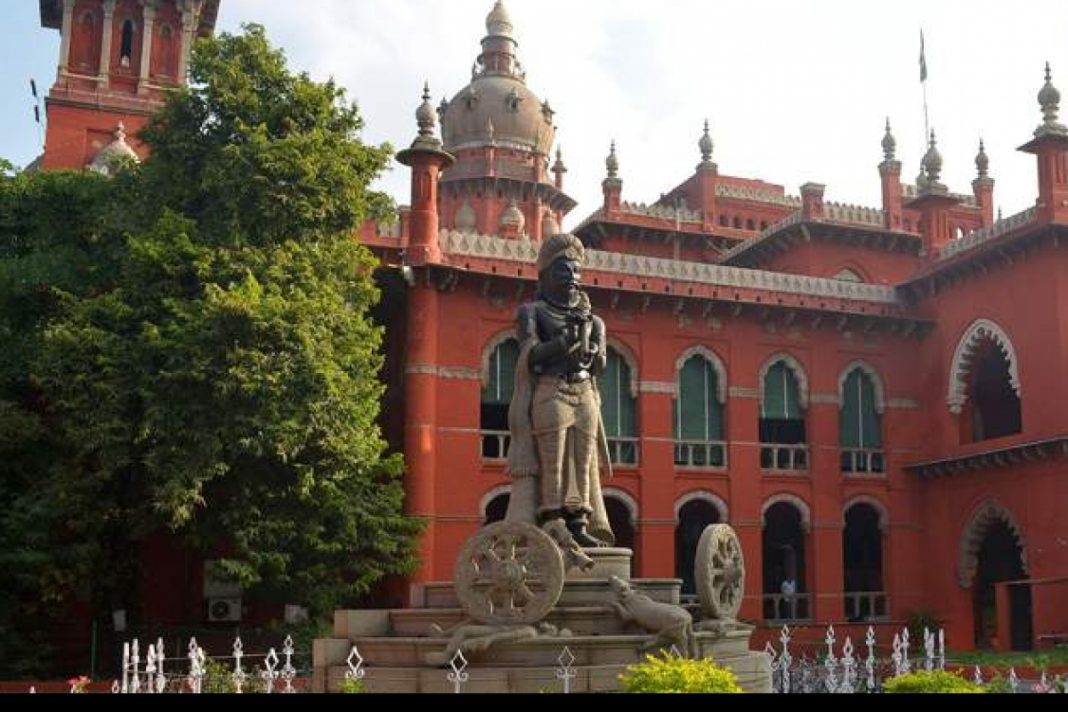New Delhi: The Madras High Court has dismissed a writ petition filed by the Tamil Nadu Public Service Commission, seeking to quash an order passed by Tamil Nadu Information Commission directing it to give reply to an RTI query. The court has deprecated the tendency to reject RTI requests mechanically, opining that the Public Information Officers who resort to doing so “must be shown the door” for failing to act in terms of the RTI Act’s mandate.
Justice S Vaidyanathan remarked: “Now-a-days, the officials are used to adopt a tactic answer in mechanical manner that the information sought for is exempted in the light of Section 8(1)(d) of the Act, without actually ascertaining as to whether the information sought falls within the ambit of the said provision. Such officers must be taught a lesson and in my view, they are unfit to hold the post of Public Information Officer or any other post in connection with the discharge of duties under RTI Act and they should be shown the door, so that it will be a lesson for other officers to act in accordance with the terms of the Act, failing which they may also face the similar or more consequences.”
The court also took the opportunity to emphasise the significance of the Right to Information (RTI) Act, 2005.
“… the provision of Section 6 confers right to information to any person for the obvious reason that right to information flows from the right to expression… Even the Supreme Court clearly held that the office of Chief Justice will come under the purview of Right to Information (RTI), by observing that transparency does not undermine judicial freedom. “
The court has further directed the Tamil Nadu Government to issue a circular to its departments giving warning of legal consequences. In its words:
“The government is directed to circular this order to all its Departments, Public Sector Undertakings, Corporation, etc., so that the Authorities, more particularly under RTI Act, will come to know of the legal consequences of non-furnishing of the details, which the affected parties / General Public seek for.”
In doing so, the court rejected contentions by the Tamil Nadu Public Service Commission that the information sought is revealed that would disturb the privacy of individuals and create communal discontent and strife.
By quashing the submission of TNPC, the High Court held that the disclosure of the caste-wise breakup would benefit the candidates as it would help them ascertain whether they actually fall under the reservation quota or not. In any case, it was pointed out,
“When the general list itself has already been published for public view, as stated in the petition, there is nothing wrong in disclosing the details to the respondent.”
The Court ultimately upheld the TNIC’s findings and ordered the provision of the information sought for within a month’s time, after also noting that first authority had erroneously relief on Section 8(1)(d) of the RTI act to reject the RTI request.
Read Also: Review cadre restructuring of ITBP, Delhi HC tells Centre
The Court said,”… the purpose of enactment of RTI Act itself is to ensure transparency in all respects. Moreover, a reading of the said section shows that it relates to commercial confidence, trade secrets, etc., and it does not strictly prohibit the authority concerned from providing such details, as divulging of caste details will surely be beneficial to candidates to doubly ascertain either about their induction or rejection and as such.”
-India Legal Bureau


